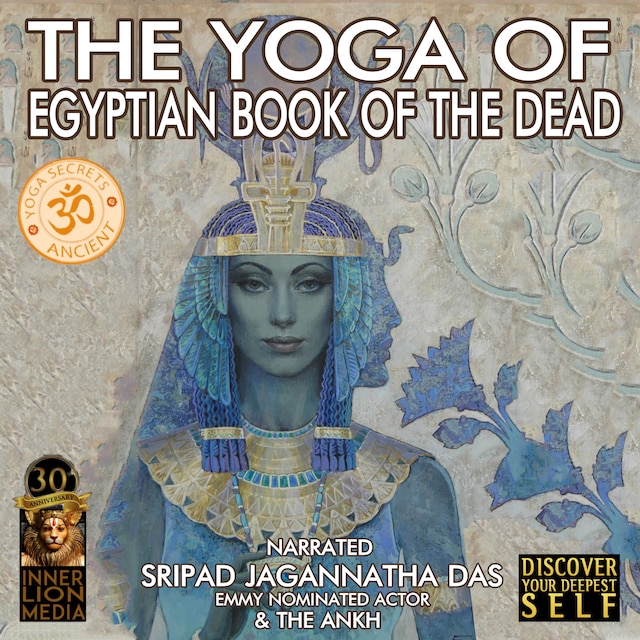
The Yoga Of Egyptian Book Of The Dead
Om bogen
In the ancient tapestry of spiritual practices, the Egyptian Book of the Dead and the discipline of yoga weave together a rich, interconnected narrative of the human soul's journey. Both traditions, emerging from vastly different cultures and epochs, echo each other's profound understanding of the spiritual quest for enlightenment and transcendence.
The Egyptian Book of the Dead, a collection of funerary texts, serves as a guide for the deceased through the perilous afterlife, ensuring a safe passage to the eternal realm. It encapsulates the Egyptians' intricate beliefs in the soul's immortality and the trials it must overcome to achieve eternal peace. These texts are not merely about death but rather about the triumph of life beyond death, a testament to the enduring spirit's journey toward truth and light.
In parallel, yoga, originating from ancient India, offers a disciplined path to spiritual awakening through physical postures, breath control, and meditation. It is a practice that unifies the mind, body, and spirit, leading the practitioner towards a state of self-realization and ultimate liberation, or moksha. The yogic journey, much like the Egyptian spiritual voyage, is a quest for the soul's liberation from the cycles of birth and death, striving towards a harmonious union with the divine.
Both the Egyptian Book of the Dead and yoga share an intrinsic belief in the soul's eternal nature and the possibility of achieving a higher state of existence. They offer systematic approaches to overcoming earthly attachments and illusions, guiding individuals toward a profound inner transformation. Whether navigating the afterlife's challenges or mastering the self through disciplined practice, these spiritual traditions reflect humanity's timeless pursuit of enlightenment and the understanding of life's deeper mysteries.


